On May 22, the School of Auditing Training and Development - State Audit of Vietnam in collaboration with the Association of Chartered Certified Accountants (ACCA) organized a workshop with the theme: "Sharing experiences and practices in the field of Public Auditing: Applying technology in the Auditing industry".
The workshop gathered nearly 200 delegates, including leaders of central agencies, experts from ACCA, ADB, IMF, representatives of domestic and international auditing companies, banks, research institutes, universities and professional associations in the field of finance and auditing.
AI, blockchain... are "redefining" the auditing profession
In the current context, new technology trends such as artificial intelligence, big data, robotic process automation (RPA) and blockchain are fundamentally changing the way auditing is done.
Accordingly, AI can automatically scan and analyze 100% of transactions to detect abnormalities, instead of manual sampling methods.
Robotic process automation takes over repetitive tasks like data entry or reconciliation, freeing auditors to focus on more complex, strategic issues.
Some studies have even predicted that in the next few years, most of the procedural work in auditing could be automated up to 90% thanks to AI.
Assessing this trend, Mr. Bui Quoc Dung, Deputy State Auditor General, said that the auditing industry needs to quickly adapt to the breakthrough changes that technology is bringing. If it cannot adapt in time, the traditional auditing profession is at risk of being left behind.
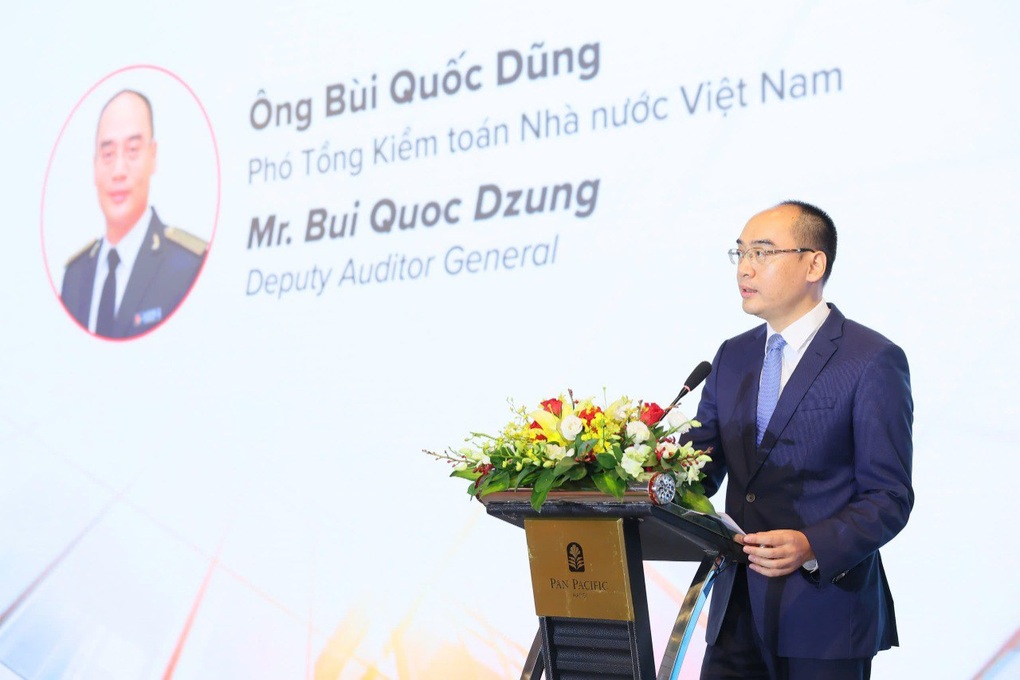
Deputy State Auditor General Bui Quoc Dung (Photo: BTC).
Mr. Bui Quoc Dung said that history has shown that if you do not keep up with the trend, you will be left behind. He gave some examples in the field of technology.
Specifically, Kodak was once a "giant" in the film industry with 90% market share in the 1990s, but due to slow transition to digital imaging technology, it filed for bankruptcy in 2012. Blockbuster, once the world's largest video rental chain, also collapsed in 2010 because it could not adapt to the online movie viewing trend initiated by Netflix.
"These examples show the cruelty of slow change. No matter how large the scale or high the position, it does not guarantee future success if we do not proactively innovate," he said.
The Deputy State Auditor General emphasized that in the field of public auditing, if we are satisfied with the old working methods and ignore the strong wave of technology that is taking place, we will soon become outdated in the face of the huge amount of data and complex financial transactions of the digital economy .
"On the contrary, if we learn from the above lessons, we will see that innovation is the only way. Digital transformation in auditing is not simply investing in machinery and software, but also innovating thinking and working methods. Every auditor needs to understand that technology does not threaten us, but is an opportunity for us to do our mission better," he emphasized.
According to Mr. Bui Quoc Dung, Vietnam has a great opportunity to catch up and even keep pace with the world. With the advantage of a young, dynamic workforce and a rapidly developing information technology platform, the Vietnamese auditing industry has favorable conditions to apply the latest achievements of the digital revolution.
Therefore, if we know how to take advantage of opportunities, Vietnam can take shortcuts and anticipate many new trends to improve the quality and efficiency of public audits and can completely become a model in the region for applying technology in auditing if we have the right strategy and take drastic actions right now.
Digital transformation has fundamentally changed the way the auditing industry operates.
Mr. Bui Hoang Phuong, Deputy Minister of Science and Technology , commented that at the current stage, the volume of data is also larger than before, both in scale and quantity.
Mr. Phuong said that e-payment platforms and e-commerce transactions generate billions of transactions every day, far exceeding the ability to process them manually. Random sampling - a common practice in auditing - is at risk of missing important violations hidden deep in the "sea of data". This requires auditing to move from sampling to comprehensive analysis, where AI and machine learning become powerful assistants.
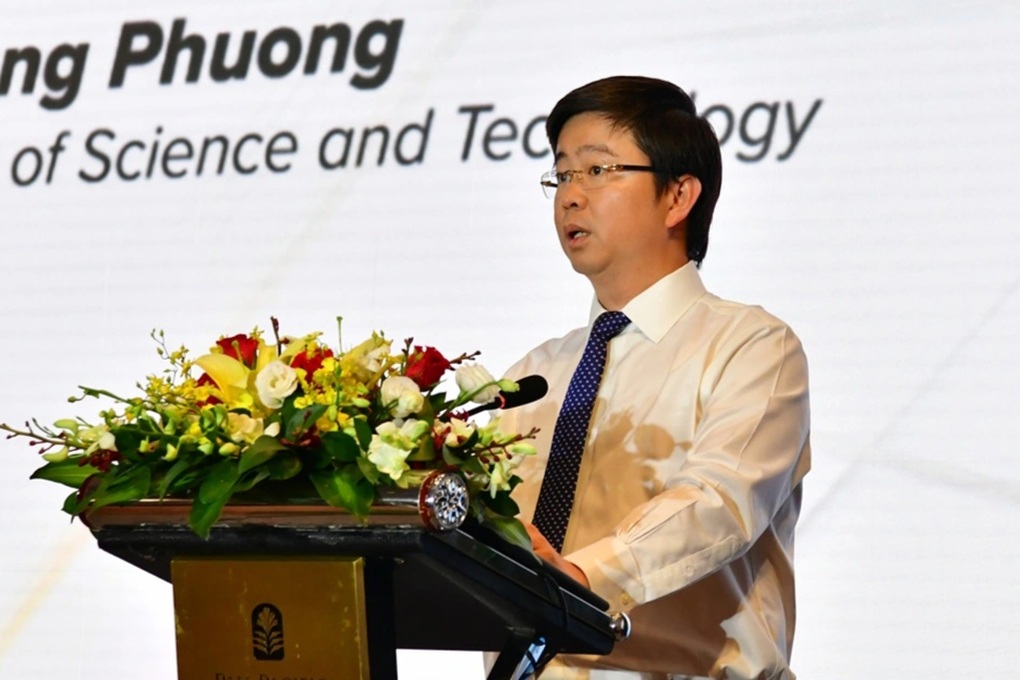
Mr. Bui Hoang Phuong - Deputy Minister of Science and Technology (Photo: Organizing Committee).
Mr. Phuong commented that in the field of auditing, digital transformation has fundamentally changed the way of working. With current technology, the auditing industry can monitor data in real time, detect abnormalities and risks to give early warnings.
Mr. Phuong said that in international practice, many countries have used AI in auditing. For example, Malaysia, thanks to AI, can audit 100% of the budget of 15 ministries instead of selecting samples. Norway uses AI to monitor finances, and Canada uses AI to analyze 100% of data, which helps reduce 40% of the time compared to traditional auditing. Mr. Phuong made some suggestions to the auditing industry in applying AI.
Specifically, according to him, AI is a broad field, helping auditors do many things, but to do it effectively, it is necessary to clearly define the goals and work that AI wants to perform.
In addition, the auditing industry needs to deploy technology quickly but pay attention to not lack of synchronization. He said that it is necessary to plan the connection between systems. In addition, Mr. Phuong said that it is necessary to build a data infrastructure to synchronize information. Accordingly, the centralized data system not only connects the State Audit but also connects with other State agencies.
In particular, he noted that not only relying on technology but also the human factor is very important. Accordingly, it is necessary to train digital human resources to meet the current needs of the industry. "Applying technology in auditing is not a choice but a vital requirement," he emphasized.
In the coming time, Mr. Phuong said that the State Audit needs to focus on building a digital transformation model with core components such as digital infrastructure, digital data, digital audit platform to process business systems, intelligent analysis and forecasting platform, intelligent management and monitoring system, staff capacity and enthusiasm.
Source: https://dantri.com.vn/kinh-doanh/bai-hoc-tu-kodak-kiem-toan-can-chu-dong-thich-nghi-trong-cuoc-cach-mang-so-20250522115230000.htm




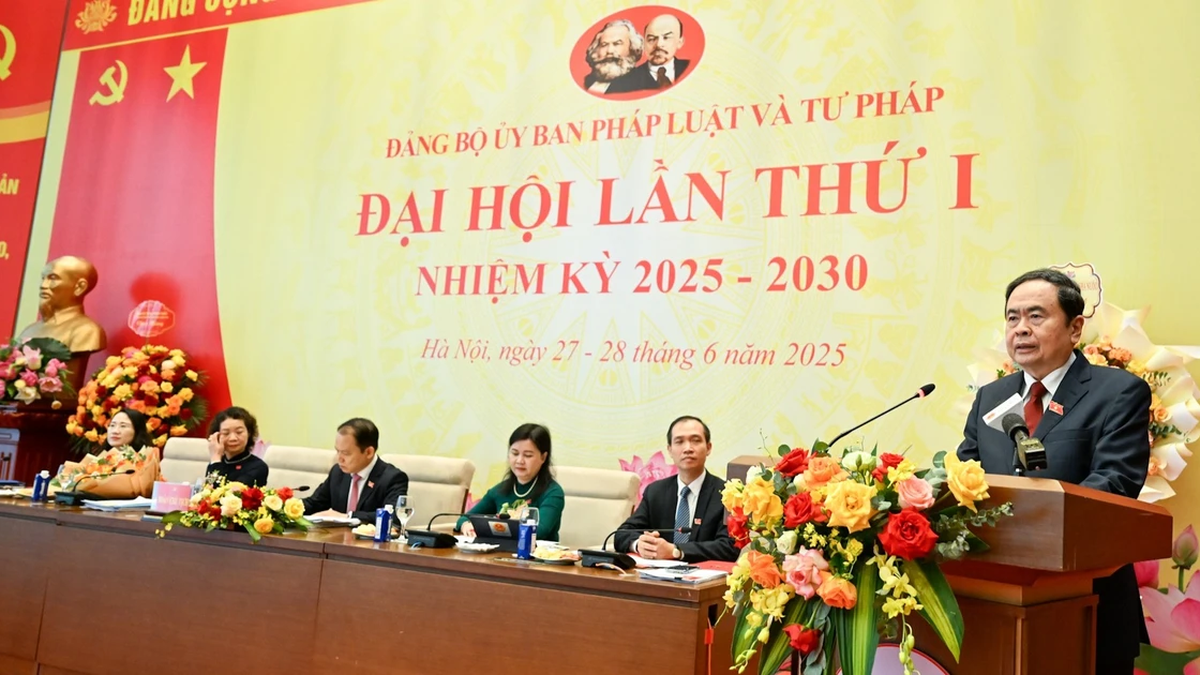



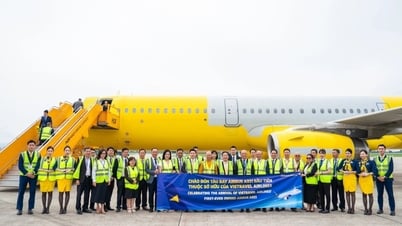


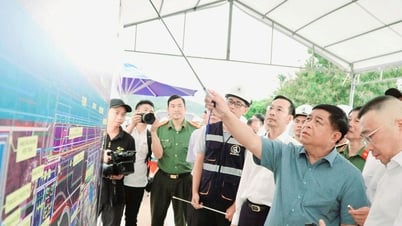

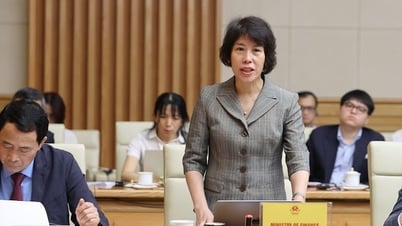



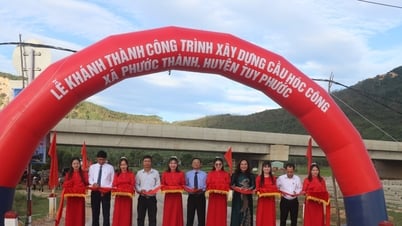






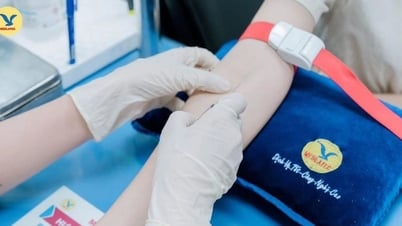
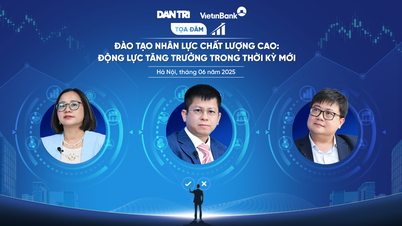


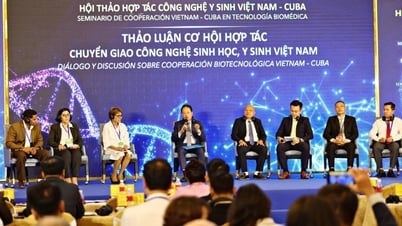
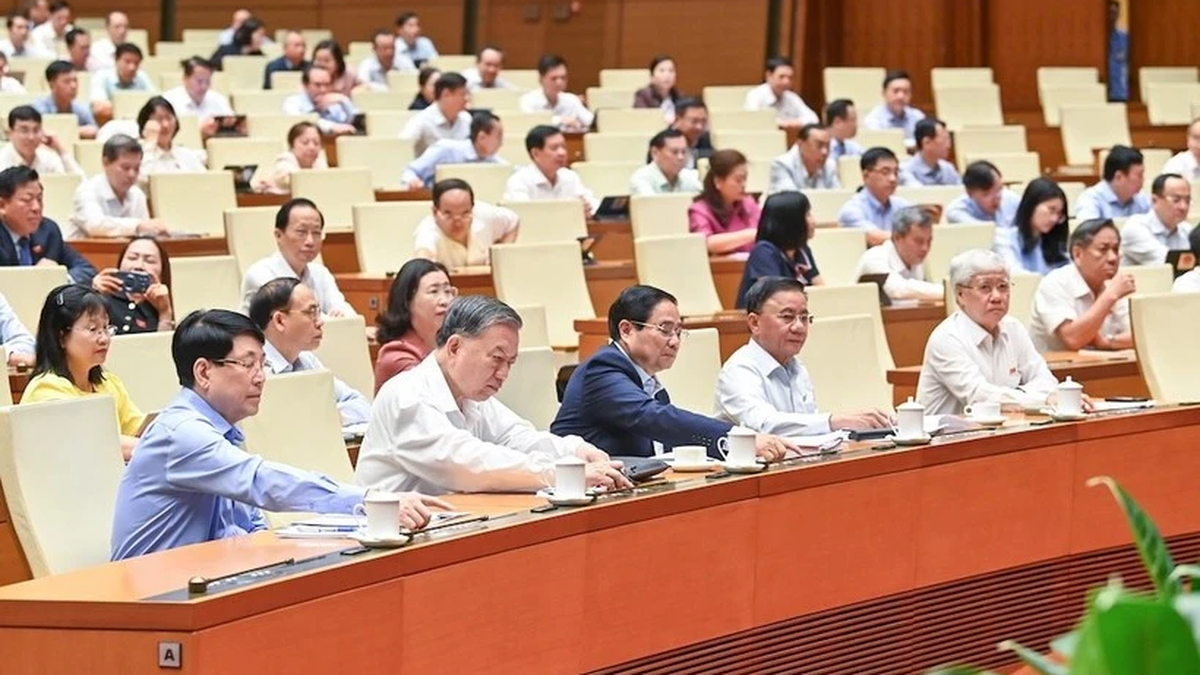

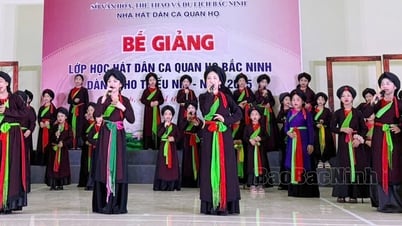





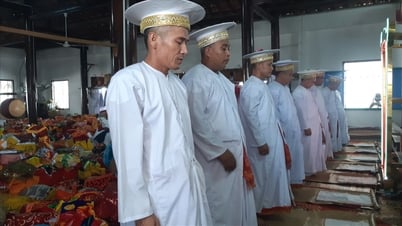

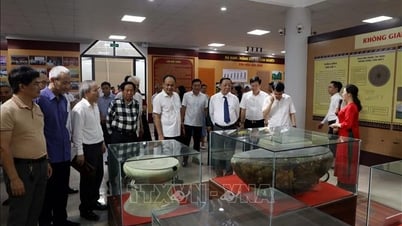





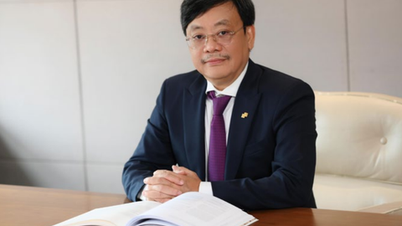




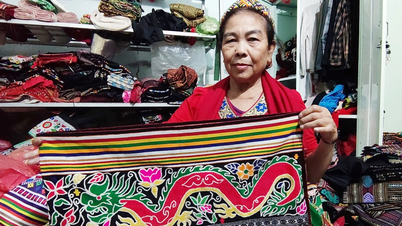


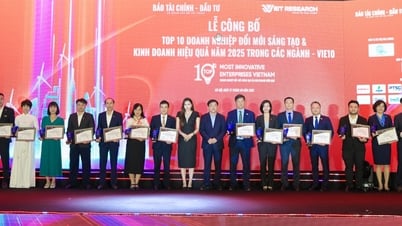

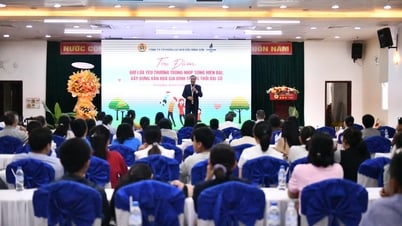





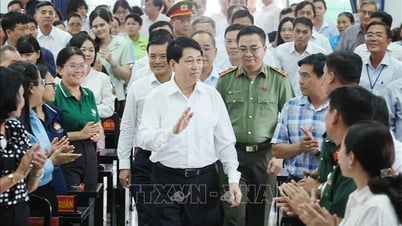
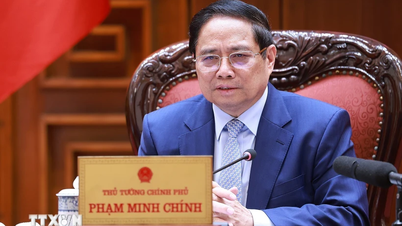

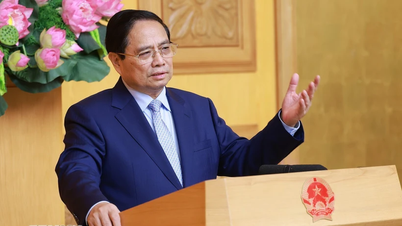
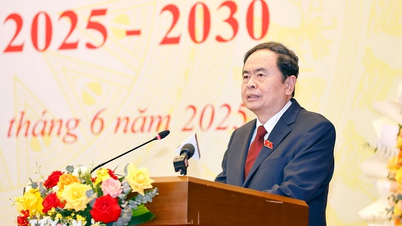

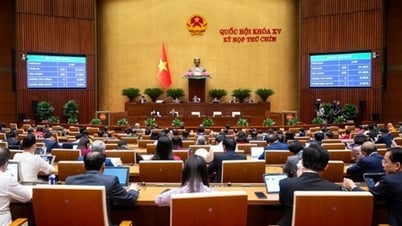

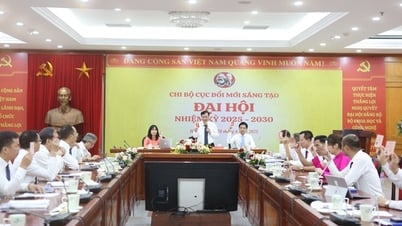
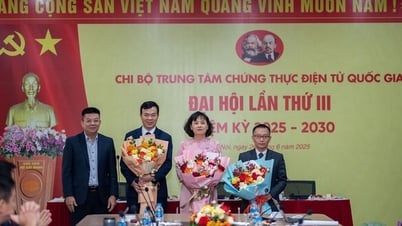
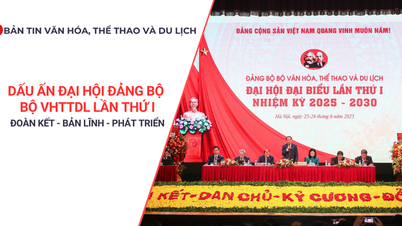


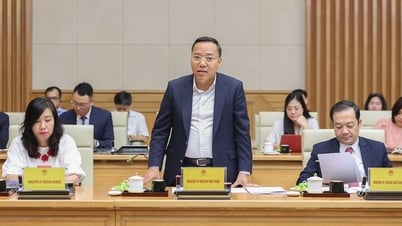



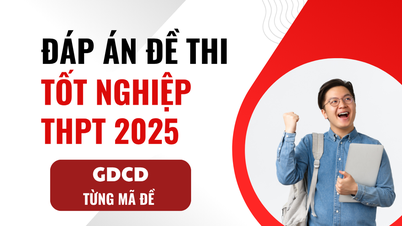

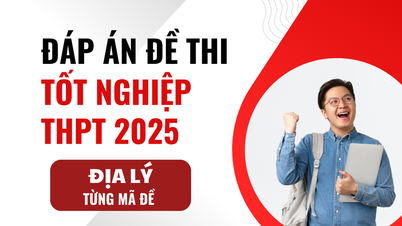
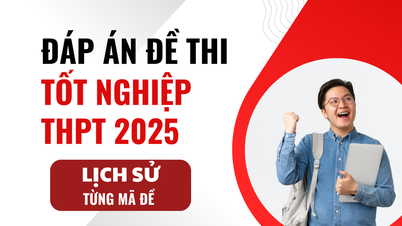
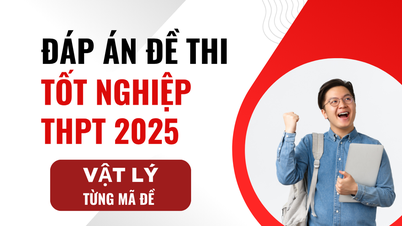
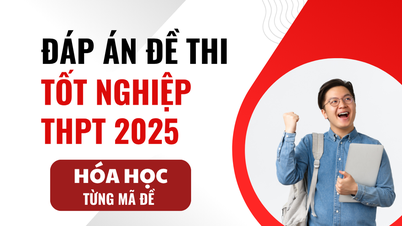
















Comment (0)